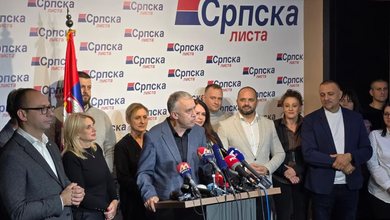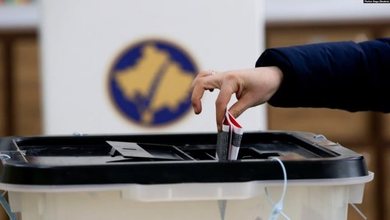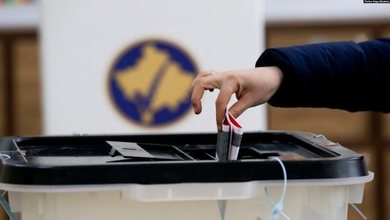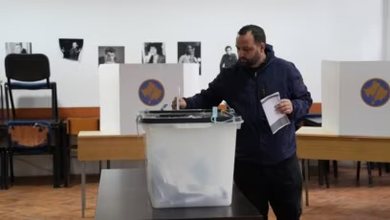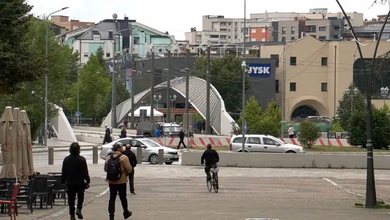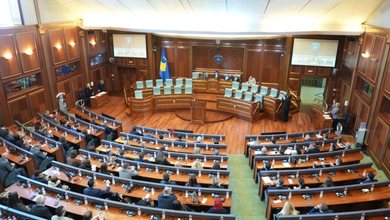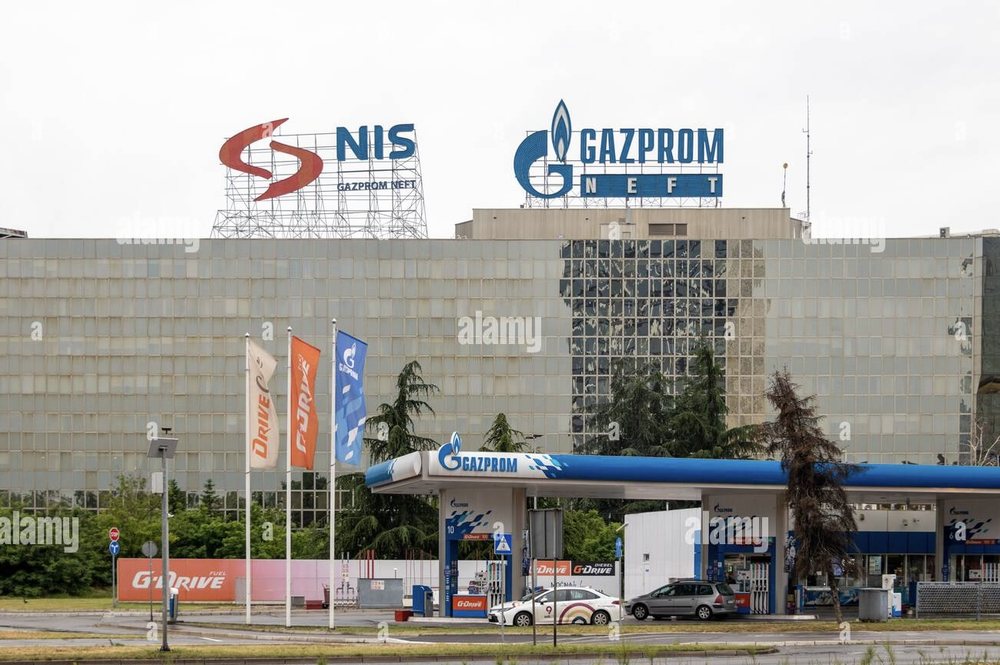
The Serbian state-owned oil company NIS is largely in Russian hands. The US has imposed sanctions on it. The first effects are already starting to be felt in Serbia.
Belgrade, despite massive pressure from the EU, continues to maintain good relations with Russia and rejects sanctions against Russia. Serbia is heavily dependent on Russian gas supplies. But the 2022 agreement on gas supplies from Russia to Serbia expires at the end of this year. Meanwhile, US sanctions have been in effect for a week, affecting the Serbian concern NIS. Given the fact that NIS covers over 80 percent of Serbia's oil and gasoline needs, this could have consequences, according to experts.
Why was NIS sold to Russia's Gazprom?
Serbia has been in massive trouble because of an economic deal with Russia since 2008. At the time, Serbia sold its financially struggling state-owned oil company NIS (Naftna Industrija Srbije) to the Russian oil company Gazprom Neft. Serbia hoped for political advantages in addition to economic advantages: mainly Russian support in the Kosovo conflict. Today, Gazprom Neft, together with Gazprom, owns about 56 percent of NIS's shares, while the Serbian state has about 30 percent. As a result, the Serbian oil company faced a package of US sanctions on the Russian energy industry in January of this year.
Supplies are interrupted.
Sanctions were imposed against Russia and its energy sector by US President Joe Biden at the last moment of his term. With the arrival of Donald Trump in the White House, there was an exemption from sanctions for NIS, so as not to jeopardize Serbia's energy supply. But the deadline expired on October 9, 2025. Now that there is no exemption, NIS will really feel the consequences of the sanctions. Since Serbia produces less than a quarter of its oil needs domestically, NIS receives oil mainly from countries such as Kazakhstan, Azerbaijan and Nigeria. The oil is supplied by tankers to Croatia and from there through pipelines to Serbia. Now that the sanctions have come into force, the Croatian oil pipeline company JANAF has stopped supplies.
Accusations against the government in Serbia
The Serbian opposition criticizes the government. President Aleksandar Vučić has done nothing to break away from dependence on Russia. On the other hand, it has long been clear that the US would one day impose sanctions. Experts also note that the government has acted irresponsibly on this issue. Gas contract extended until the end of the year In May of this year, the term of a ten-year agreement with Russia's Gazprom expired. The Russian side extended the term of this agreement until the end of this year. Now in Serbia there is speculation that Russia is putting pressure on the NIS oil company not to return to Serbian state ownership. This was rejected by the Russian ambassador to Serbia, Alexander Botsan-Kharchenko: "We will not interrupt gas supplies to Serbia. We will continue them at better prices."
Share buyback from Serbia?
Serbian President Vučić met a few days ago with the chairman of the board of the Russian company Gazprom Neft, Alexander Djukov, and with the Russian Deputy Minister of Energy, Pavel Sorokin, to negotiate regarding NIS. What the final solution will be, was not said, but Vučić promised the Serbs that there will be no energy crisis. "Times are difficult. But I can assure the citizens of Serbia that there will be no shortage of oil or its derivatives, nor any energy crisis in Serbia. Our Russian friends have understood our message, and we have understood what their interests are. We will do everything that is tactically and strategically best for Serbia," said Vučić. Serbian media have learned from various sources that the Serbian state plans to buy back a part of NIS, so that Russian state-owned corporations will no longer be the owners of the majority of shares. If Russia ever manages to "normalize" its position internationally, the shares could be sold to Russia again, that could be the plan.
Will there be a fuel supply crisis?
Serbia still has no shortage of fuel. But some Serbs worry that they may have to buy gasoline in bottles and cans again, as they did during the war in the 1990s. Citizens are already feeling the first effects of the sanctions. Because NIS and Gazprom fuel stations in Serbia are disconnected from the Visa, Mastercard and American Express credit card payment system./dw



